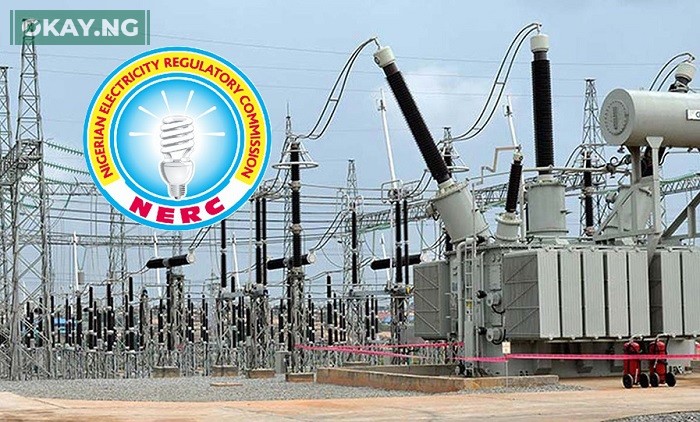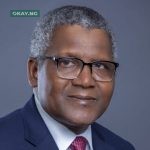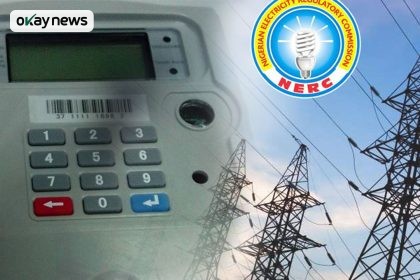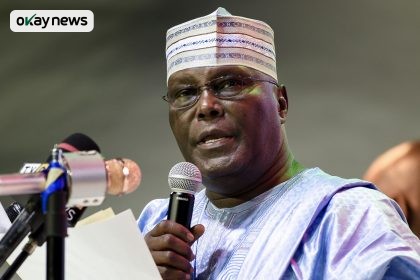Electricity consumers paid a staggering N509.84 billion in the fourth quarter of 2024, even as the national grid experienced five disruptive collapses within the same period. This revelation, detailed in a recent report by the Nigerian Electricity Regulatory Commission (NERC), underscores the disconnect between consumer expenditure and the reliability of electricity supply.
“We are witnessing a paradox,” I find myself reflecting, as I analyze the NERC report. “Consumers are fulfilling their financial obligations, yet the fundamental promise of consistent power remains elusive.”
The NERC report reveals a concerning pattern: three total grid collapses and two partial collapses occurred between October and December 2024. These disruptions, stemming from deviations in the grid’s voltage and frequency stability, plunged millions into darkness, disrupting businesses and daily life. As NERC itself acknowledges, the national grid, “is designed to function within specific stability boundaries, including voltage (330kV ± 5.0%) and frequency (50Hz ± 0.5%).” Any significant deviation, they explain, leads to quality reduction and potential blackouts.
“There were three incidents of total collapse and two incidents of partial collapse on the national grid in 2024/Q4,” NERC stated in their report.
Despite these setbacks, the revenue collected by electricity distribution companies (DisCos) saw an increase, climbing from N466.69 billion in the third quarter to the aforementioned N509.84 billion. This represents a collection efficiency of 77.44%, a slight improvement over the previous quarter. However, the gains in revenue collection are overshadowed by the persistent instability of the grid.
The report highlights a disparity in collection efficiency among DisCos. Eko and Ikeja DisCos demonstrated strong performance, achieving collection efficiencies of 90% and 82.3% respectively. Conversely, Jos Disco recorded a concerning low of 49.68%. This variance points to regional disparities in revenue collection and potential operational challenges.
“A comparison of Discos’ performance shows that eight Discos recorded improvements in collection efficiency between 2024/Q3 and 2024/Q4, with Yola (+13.93pp) and Kano (+9.88pp) recording the greatest improvements,” NERC’s report stated. “However, the remaining three Discos recorded declines in collection efficiency with Jos (-3.61pp) and Abuja (-3.39pp) DisCos having the most significant declines over the period.”
Read Also: Power Sector Grapples with N4 Trillion Debt, Fueling Industry Exodus
NERC attributes the overall improvement in billing and collection efficiency to reduced energy offtake, allowing DisCos to focus on areas with better revenue recovery. However, the commission emphasizes the critical need for accurate customer enumeration and the installation of end-use meters to enhance energy accounting and revenue recovery. To this end, the Meter Acquisition Fund (MAF) has seen some progress, with over 4,000 Band A customers metered by December 2024.
Every blackout represents more than just a momentary inconvenience; it translates to lost productivity, damaged appliances, and a general erosion of quality of life. For small businesses, these outages can mean the difference between survival and closure. For families, it can mean a night spent in sweltering heat.
The promise of a stable electricity supply remains a critical component of Nigeria’s economic development. As NERC demands that the system operator submit a detailed report on the root causes of the grid collapses, one can only hope that concrete actions will follow. The need for a robust and reliable power infrastructure has never been more pressing.







